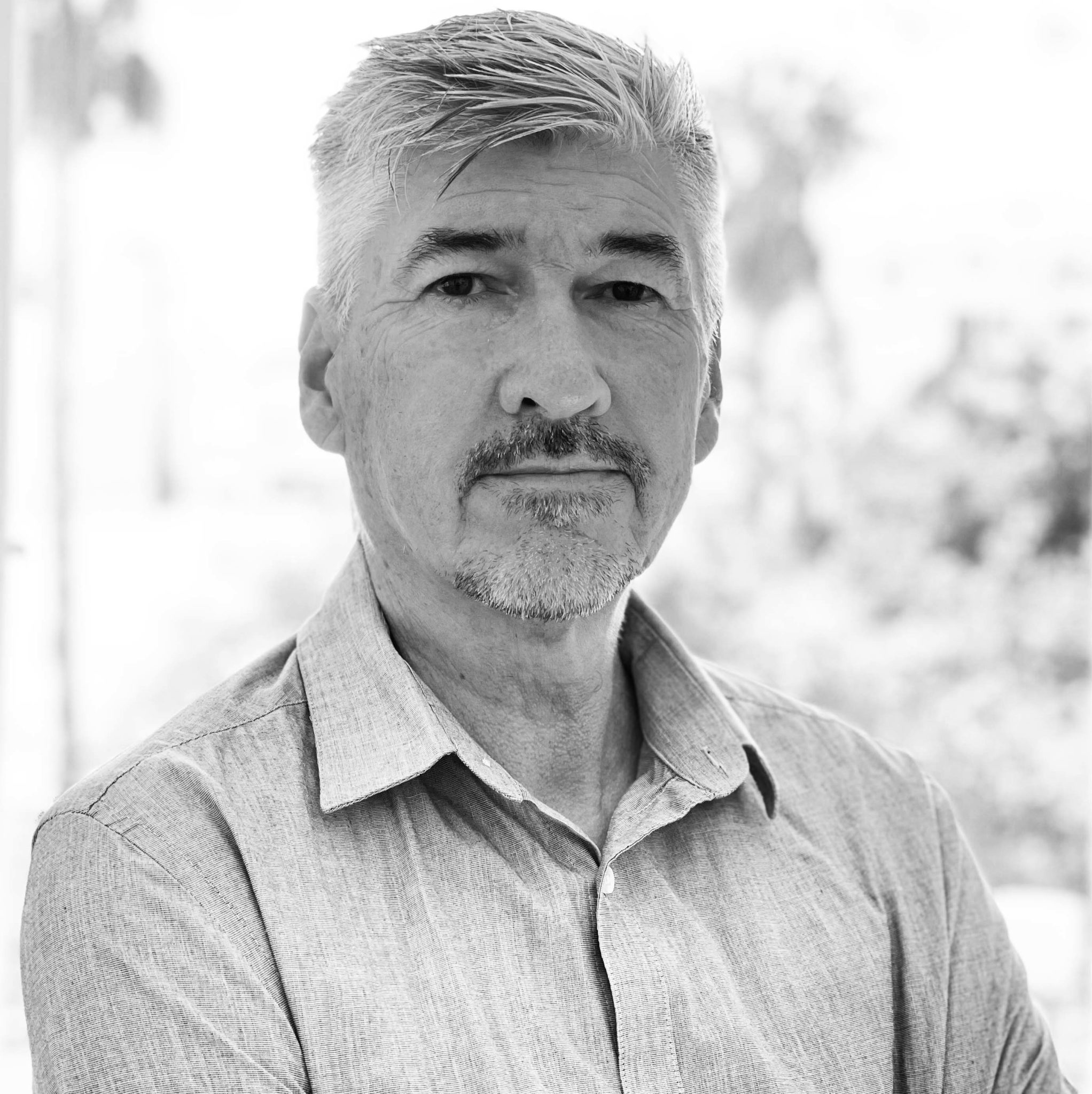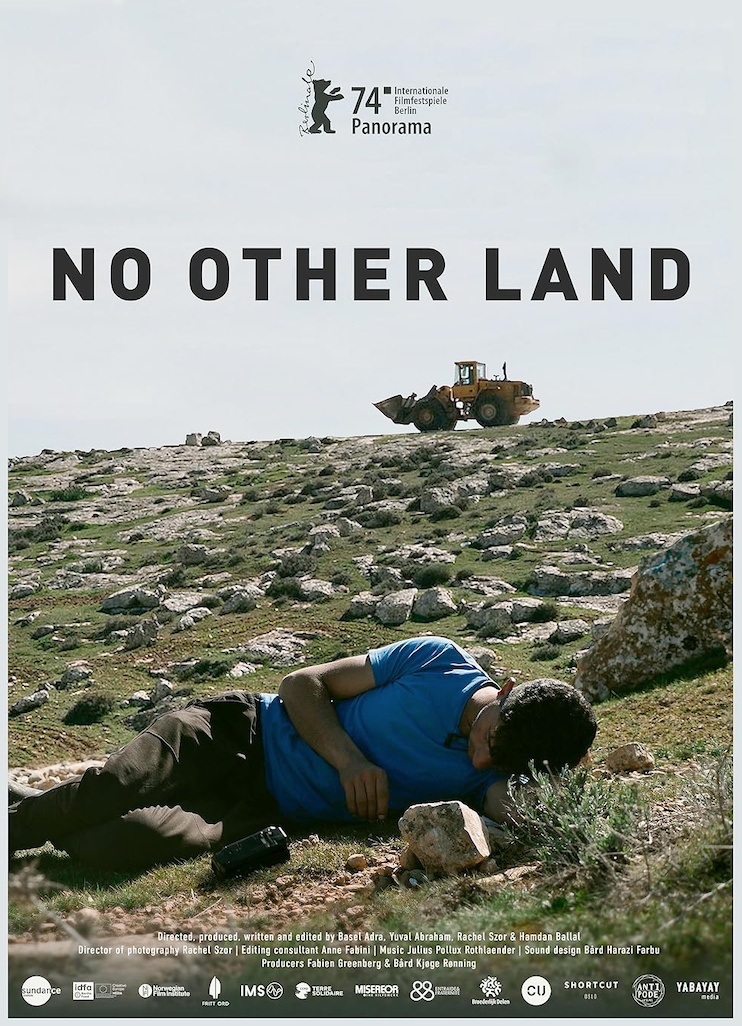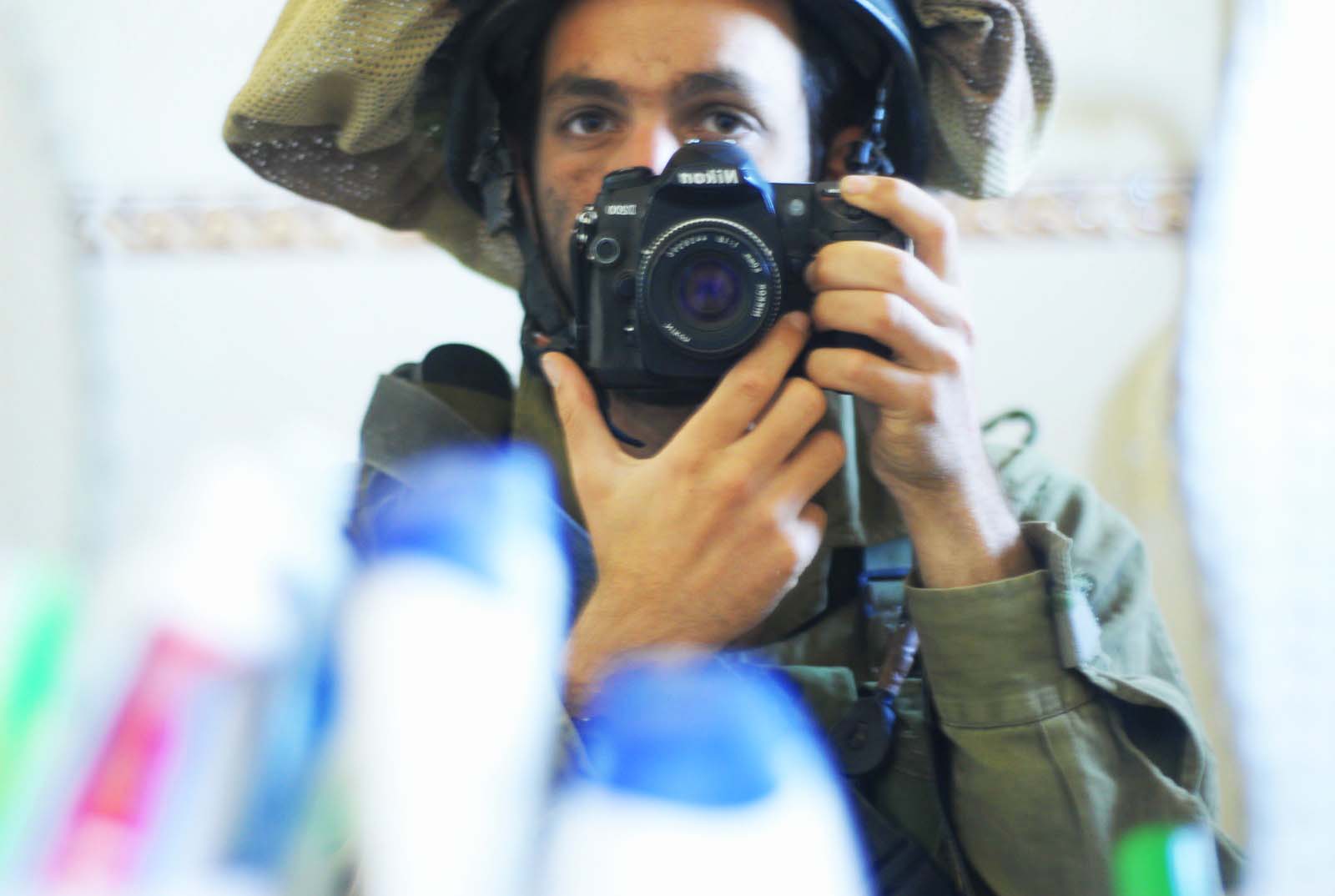- Opinion
- 24 Apr 25

While the excesses of the Israeli army in Gaza have been well documented, another less widely observed war is going on, with the apparent ultimate aim of taking the West Bank by stealth. But it is not only settlers who are crushing Palestinian resistance there. As one former soldier tells it, the Israeli military are acting as enforcers.
As the horrors being reported from Gaza mount, and the world’s media shifts its attention to the shocking speed at which Trump’s America is upending global strategic alliances, a mostly forgotten war grinds on. This is the largely under-reported Israeli war on the Palestinian population of the Occupied West Bank, which has accelerated in recent months.
In February 2024, Amnesty International reported that at least 507 Palestinians were killed in the West Bank during 2023. 234 of these had been killed before that year’s shocking October 7 attack by Hamas. The Israeli campaign in the West Bank has become even more relentless since. In late February 2025, some 40,000 Palestinians were forcibly displaced from their homes in the Jenin refugee camp when the IDF (Israeli Defense Forces) sent tanks into the West Bank, the first time in 20 years.
Even more notable, perhaps, has been the exponential rise in extremist settler attacks on Palestinians. Those assaults, arguably the most egregious settler violence yet, include the destruction of villages, the burning of olive groves, blatant land theft and violent intimidation of isolated and vulnerable Palestinian communities.
The reality on the ground is described by a former Israeli soldier, Nadav Weiman (39).
“Settlers are getting weapons and uniforms and doing whatever they want,” he says. “Now, you drive around the West Bank and settlers will come at you with half uniforms, a weapon or a vest – and you don’t know if they’re a first response team of a settlement, reserve soldiers, or just settlers dressed up as IDF soldiers which happens a lot… It has created a very impossible situation in the West Bank for Palestinians.”
Advertisement
Settler aggression was there, for all to see, in the powerful Israeli-Palestinian film No Other Land, which last month won the Academy Award for Best International Documentary. The film has been screened in Dublin and Cork, but it has not been shown in any Israeli cinemas. Recently, its Palestinian director Hamdan Ballal was targeted, attacked and brutally beaten by up to 15 extremist settlers.
I sat down to discuss what is an increasingly dangerous situation with Weiman, a former Israeli special forces sniper, who has served all over the West Bank. Utterly disillusioned by what has been permitted under the protection of the Israeli flag, he has taken on the role of Director with Breaking The Silence, an organisation that collects testimonies from Israeli soldiers in the Occupied Territories, and documents cases of abuse committed against Palestinians.
Nadav explains that the crimes extend beyond those perpetrated by the settlers, and that abuses by Israeli soldiers are increasingly widespread. Two weeks ago, the left-leaning Israeli newspaper Haaretz reported graphic details of a sexual assault carried out on two Palestinian brothers. When confronted with accusations in relation to the abuse, IDF soldiers laughed.
The assumption seems to be that they can act with complete impunity. And the problem is that, given the fact that the Israeli government and army have come to the same conclusion, effectively they are right. The UN Human Rights Council recently accused Israel of using sexual and gender-based violence against Palestinians. The response in Israel was predictable. Israeli Prime Minister Benjamin Netanyahu denounced the Human Rights Council as “an antisemitic, rotten, terrorist-supporting and irrelevant body.”
So what is really going on?
“There are cover-ups,” Nadav says simply. “The problem is that military police won’t get forensic evidence or won’t interview the soldiers. They will drag the investigation until you finish your army service, and then it becomes a civil investigation – so all the information has to move and that will take a very long period of time. Then there’s no witnesses, no nothing.”
Advertisement
And, of course, it’s even more difficult to establish that this really is Israeli policy.
“Another problem,” Nadav says, “is that military police can only investigate what happened. They cannot investigate who gave the commands. That is, our cabinet.”
In his work as director of Breaking The Silence, Nadav Weiman recently visited South Armagh in Northern Ireland.
“That was an eye-opening experience,” he says. “We met with ex-British soldiers and spoke with them. And my jaw dropped, because we did the exact same things. They spoke like me. We were thinking that the Israeli-Palestinian conflict is unique, or how you control people is unique. That’s the moment I understood, no! An occupation is an occupation is an occupation.”
As the debate rumbles on in Ireland about advancing an amended Occupied Territories Bill, Nadav has a message for the Irish government.
“I think sanctions are something very important,” he offers. “After this war started, when President Biden said ‘sanctions and Israelis’ in the same sentence, the reality changed, and it changed for the better. For Israelis, it put a spotlight on something bad happening there.”
He is clear in his support for the boycott.
Advertisement
“Saying that goods from the West Bank are illegal because they are made under a military dictatorship after stealing land from Palestinians is very important – to show Israelis that it’s not okay,” Nadav maintains.
He’s candid about the abuses carried out by his own Israeli army unit. The team would occupy the house of a Palestinian family, and place snipers at the window.
“Another team from our unit,” he explains, “would walk in the centre of the city or speak in Hebrew, open flashlights. Palestinians would come out and throw stones – and we are waiting over there to shoot them. It’s a trap basically.”
He recalls in detail how the unit took over one Palestinian family’s house, a process that was repeated hundreds of times during his army service.
“You reach the door in the middle of the night,” he explains. “You usually knock on the door. The minute somebody opens the door, you kick the door on his face, and you storm the house, grab the person from the bed, so they won’t have time to shout or fight. Then, you put all the family members in one room – it could be the parents’ room, the kitchen, the toilet and a member of your team will sit, with their gun on them, so they don’t do anything.
“If one of the family members wants to eat, they want to drink, to pray, go to the bathroom, or take medicine, they need authorisation from us – because it’s not their house anymore, it’s our house.
Advertisement
“It’s a very aggressive situation, dragging people from their beds. You need to be violent. If one of the family members resists, you need to beat them up. But the resistance is something we didn’t encounter often. Because when they have an M16 pointed at their faces in the middle of the night they are afraid of us, really afraid of us.”
It might seem utterly bizarre, but Nadav says that the unit he was part of were convinced they were acting decently.
“Me and my team had a couple of laws,” he recalls. “They are not IDF laws, but – you don’t sit on the sofas; you roll up the carpet, you don’t make them dirty and full of mud if it’s the winter; you don’t use the bathroom; you don’t eat anything from the refrigerator. And sometimes when we had Snickers or Mars or Twix left, we left them on the table for the kids.
“We were sure that we were the most moral team in the IDF,” he adds, “which is amazing because we’d storm a house in the middle of the night, drag a family from their beds, kids peeing in their pants. I remember thinking after doing it for the first time – when you are pumped with adrenaline, when you drag someone from their bed – and then when the adrenaline calms down, thinking: what the hell did I just do?”
Nadav continues to live in Tel Aviv and is the father of young children. When asked if his testimony undermines not just the occupation but the state of Israel itself, he’s direct.
“Look, I believe the information should be out, what I did to Palestinians,” he says, “when I raided their homes, when I arrested them, when I shot at them. It’s not a secret that belongs to me. I did that because the state of Israel ordered me to do it – and to take those stories outside is to understand what the state of Israel is.”
Paul James Kearns is an Irish-born freelance journalist and father of two young girls living in Tel Aviv.
Advertisement

Paul Kearns












